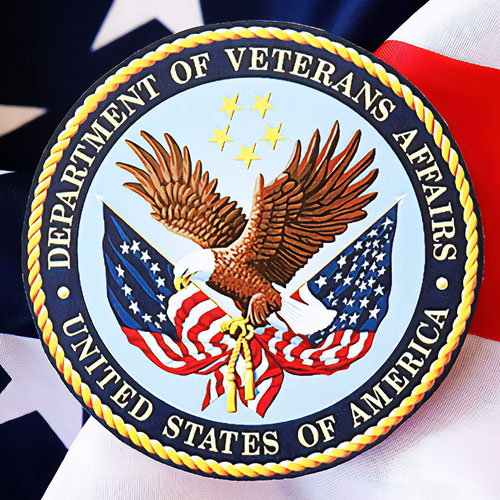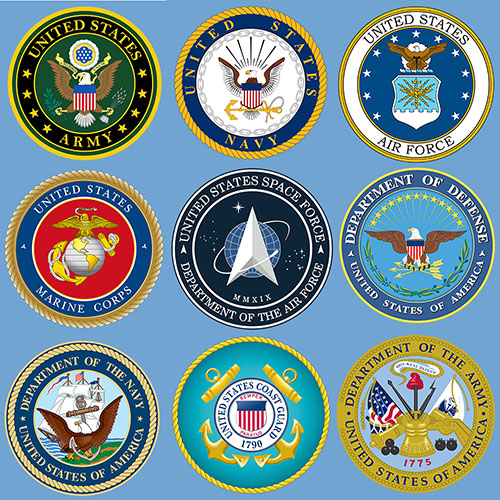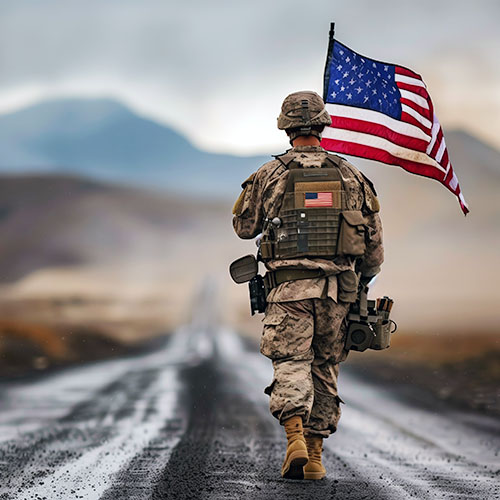The fallout from America’s whirlwind evacuation of Afghanistan — and the Taliban’s resurgence — has yet to be fully determined, but there’s no doubt the daring Pineapple Express crew saved countless lives.
Escape from Kabul
Amid the chaotic U.S. pullout of Afghanistan, an intrepid collection of military heroes helped shepherd more than a thousand people to safety in an ad hoc effort dubbed the Pineapple Express, which allowed evacuees to fly out of the power-keg country. Although the fallout from America’s whirlwind evacuation — and the Taliban’s resurgence — has yet to be fully determined, one thing’s certain: The brave crew’s daring and dangerous mission saved numerous lives.
According to President Joe Biden’s Aug. 20 speech, since the prior month the U.S. had evacuated more than 18,000 people from Afghanistan. However, many more were still clamoring for a way out, including U.S. citizens and Afghans who’d worked alongside American troops during the country’s 20-year conflict and feared for their lives and those of their families. But as rescue efforts ramped up, so did the violence of brutal Taliban fighters, who added heavily militarized checkpoints along roads leading to the city of Kabul’s Hamid Karzai International Airport.
Sources claimed vengeful militants were going door to door in an effort to hunt down people who had worked with U.S. and coalition forces and three captured Afghan National Army commanders were hanged by the Taliban in Kabul. But many fear the turmoil is just the beginning of a vast humanitarian crisis for the country’s 38 million citizens.
During the final two weeks of August, more than 100,000 were airlifted out of the war-torn nation, and some made their heart-stopping escape under the cover of night with the help of the Pineapple Express.
As Taliban fighters armed with AK-47s menaced terrified civilians, current and former members of U.S. special operations forces units, intelligence operatives and aid workers quietly located and moved multiple groups of endangered individuals to the safety of the airport’s U.S. military-controlled side, so they could fly to freedom. Those looking for assistance displayed cellphone images of pineapples as an agreed-upon secret code to identify themselves, which is how the rescue group earned their unofficial name: Task Force Pineapple.
Former U.S. Army Green Beret turned social studies teacher Zac Lois was one of the veterans who joined the crew’s coordinated ground efforts, which involved communicating with allies via encrypted chats and securing documentation to help people pass through checkpoints.
Ahead of the U.S. government’s Aug. 31 military evacuation deadline, Lois — who spent 12 years in the armed forces, including tours in Iraq and Afghanistan — told FOX News, “We have developed kind of an underground railroad. We have shepherds that guide flocks … It’s special operations personnel coaching, teaching, guiding and advising, in most cases, our brothers that we served with.
“The U.S. government is sending us people as well that need help getting out, so we are in coordination and we are working with the U.S. government.”
Task Force Pineapple’s mission was well underway on Aug. 26 when a suicide bomber, believed to be an ISIS terrorist, detonated a device that killed at least 13 U.S. service members and 170 Afghans and injured many others.
Army Lt. Col. Scott Mann, a retired Green Beret commander who led the rescue effort, told ABC News, “Dozens of high-risk individuals, families with small children, orphans and pregnant women, were secretly moved through the streets of Kabul throughout the night and up to just seconds before ISIS detonated a bomb into the huddled mass of Afghans seeking safety and freedom.”
Despite the cowardly attack, more than 100 Afghans were able to evacuate via plane that day, and Mann added, “This Herculean effort couldn’t have been done without the unofficial heroes inside the airfield, who defied their orders to not help beyond the airport perimeter, by wading into sewage canals and pulling in these targeted people who were flashing pineapples on their phones.”
Mann initially launched Task Force Pineapple to help an Afghan commando who’d once served with him and was receiving death threats from the Taliban. Once the soldier and his family of six were rescued, the group expanded their mission to aid other allies who were desperate to flee.
Army Maj. Jim Gant — a retired Green Beret known as “Lawrence of Afghanistan” for his savvy wartime expertise — was also part of the effort and said, “I have been involved in some of the most incredible missions and operations that a special forces guy could be a part of, and I have never been a part of anything more incredible than this.
“The bravery and courage and commitment of my brothers and sisters in the Pineapple community was greater than the U.S. commitment on the battlefield.”
During the final two weeks of August, more than 100,000 were airliften out of the war-torn nation.
Retired U.S. Marine Mick Mulroy, a onetime former deputy assistant secretary of defense, was part of both Task Force Pineapple and Task Force Dunkirk, another group that assisted evacuees and was named after the famous World War II rescue mission.
“They never wavered,” Mulroy said of his former Afghan comrades. “I and many of my friends are here today because of their bravery in battle. We owe them all effort to get them out and honor our word.”
Chicago’s Rep. Adam Kinzinger, himself a U.S. Air Force veteran, praised Task Force Pineapple and said, “They’re going to be heroes, and movies are going to be made some day.”
However, in September, task force member and retired SEAL Jason Redman, who had a 21-year career with the U.S. Navy, admitted their work was not done.
Redman expressed concern for allies still among the enemy and said the group is focusing on keeping them safe until they can be extracted. “Our motto is ‘Leave no man behind,’ so it’s not about the ‘left,’ it’s not about the ‘right.’ It’s about what’s right. We’re Americans. It’s what we do — we take care of people that took care of us,” said Redman, who called Afghan allies “as American as you and I.”
He explained, “Right now, we’re focused on keeping our people safe — giving them shelter, food, clothing, medical necessities until we’re able to get these individuals out of Afghanistan … Let’s get these American heroes out.”
At the risk of appearing overly Libertarian, we decided to reference an NPR post about where you might be able to help with the Afghan Relocation Project, should you so desire. … As an interesting aside, when trying to see how NPR actually fared these days on a conservative vs. liberal scale, we ran across an AllSides Media Bias Chart which by their standards ended up with some strange bedfellows to say the least. Around here we maintain a particular interest in bedfellows, so we included the link. Some of those people would be aghast to be grouped in with others of those people. The truth remains: None of us is as objective as we’d like to believe — except Penthouse, of course. We’re a bastion of normalcy and reasonableness around here.



















